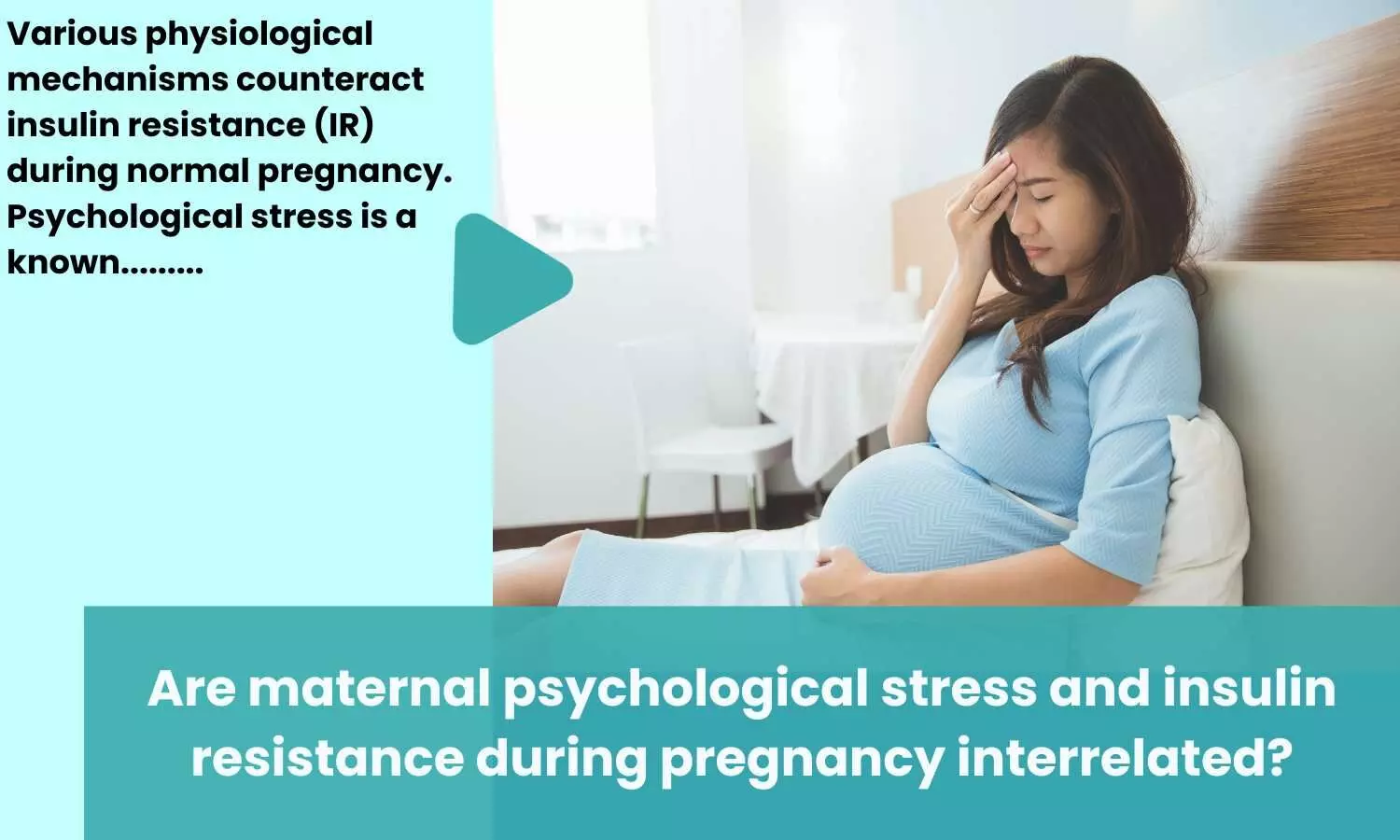- Home
- Medical news & Guidelines
- Anesthesiology
- Cardiology and CTVS
- Critical Care
- Dentistry
- Dermatology
- Diabetes and Endocrinology
- ENT
- Gastroenterology
- Medicine
- Nephrology
- Neurology
- Obstretics-Gynaecology
- Oncology
- Ophthalmology
- Orthopaedics
- Pediatrics-Neonatology
- Psychiatry
- Pulmonology
- Radiology
- Surgery
- Urology
- Laboratory Medicine
- Diet
- Nursing
- Paramedical
- Physiotherapy
- Health news
- AYUSH
- State News
- Andaman and Nicobar Islands
- Andhra Pradesh
- Arunachal Pradesh
- Assam
- Bihar
- Chandigarh
- Chattisgarh
- Dadra and Nagar Haveli
- Daman and Diu
- Delhi
- Goa
- Gujarat
- Haryana
- Himachal Pradesh
- Jammu & Kashmir
- Jharkhand
- Karnataka
- Kerala
- Ladakh
- Lakshadweep
- Madhya Pradesh
- Maharashtra
- Manipur
- Meghalaya
- Mizoram
- Nagaland
- Odisha
- Puducherry
- Punjab
- Rajasthan
- Sikkim
- Tamil Nadu
- Telangana
- Tripura
- Uttar Pradesh
- Uttrakhand
- West Bengal
- Medical Education
- Industry
Journal Club-Are maternal psychological stress and insulin resistance during pregnancy interrelated?
Overview
Various physiological mechanisms counteract insulin resistance (IR) during normal pregnancy. Psychological stress is a known, independent risk factor for developing insulin resistance. Pregnancy-specific psychological stress may cause insulin resistance and increase the risk of overt diabetes. Hence, the present study that I am talking about today aimed to evaluate maternal psychological stress using multiple stress markers and also understand their association with changes in insulin resistance during pregnancy and postpartum.
The researchers measured the anthropometric measurements such as height, weight and skinfold thickness using standard techniques. The stress markers were assessed among fifty healthy pregnant women during pregnancy and postpartum using perceived stress scales, a physiological marker of stress and biochemical stress markers. Insulin resistance was estimated using homeostasis model assessment-estimated IR (HOMA-IR).
The results published in Indian Journal of Physiology and Pharmacology (Scientific Scholar) showed that the psychological stress scores and saliva cortisol were significantly higher during pregnancy than postpartum. As assessed by HOMA-IR values, IR was significantly higher during the prenatal period than postpartum. There was a significant positive correlation between prenatal psychological stress scores, HRV parameters and postnatal IR.
Therefore, the researchers concluded that Pregnancy is associated with higher psychological stress levels and IR than postpartum and that the maternal cardiac autonomic marker could predict postnatal IR among healthy pregnant women.
Reference: Kishan A, Shetty PK, Moodithaya SS. Evaluation of an association between maternal prenatal psychological stress and insulin resistance during pregnancy and postpartum. Indian J Physiol Pharmacol 2023;67:105-12.
Speakers
Dr. Nandita Mohan
BDS, MDS( Pedodontics and Preventive Dentistry)




